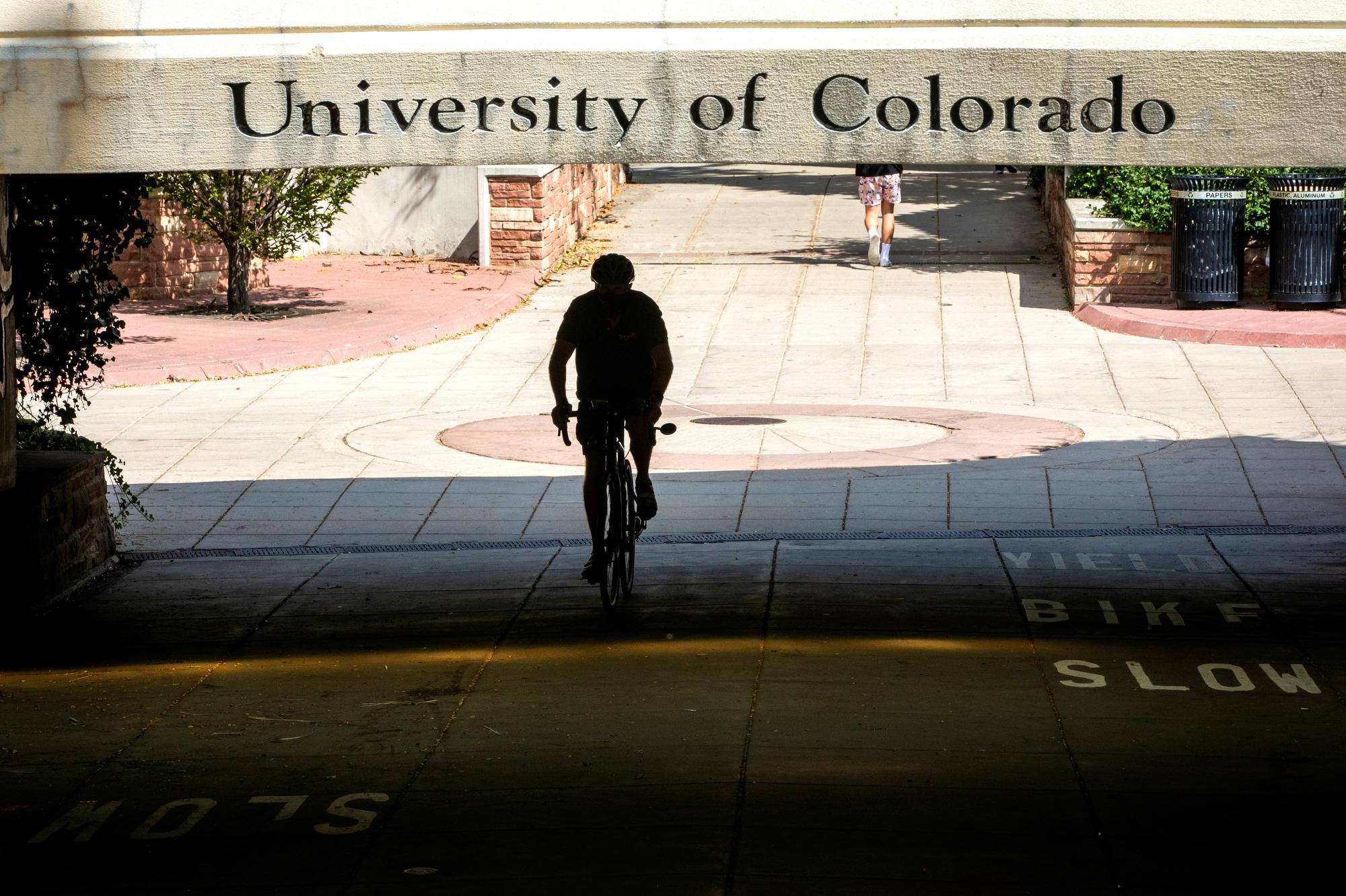
Over 300 acres of land owned by the University of Colorado Boulder will be used for a flood mitigation development, following a vote by the Boulder City Council during its meeting Wednesday.
The university purchased the land in 1996 for $16.4 million. The plot, known as CU South, encompasses an area in south Boulder and was tagged as the future home of an expanded campus with new sports facilities.
Those plans never came to fruition. Instead, the university has proposed the land be annexed to the city. Under the annexation agreement, 155 acres of land will be transferred to Boulder for the flood mitigation project.
Boulder City Council voted 6-1 Tuesday to approve the proposed annexation, which was already approved by CU Regents. Two council members recused themselves from the voting, citing previous employment with the university. CU has agreed to pay for the removal of tennis courts and storage facilities currently occupying the land.
The determining factor for Councilwoman Mary Young was the need to protect residents from flooding. Three people died and several homes in Boulder were destroyed after a major flood in 2013.
“That area likely should have never been developed. And yet it was developed because of a mapping error, which has subsequently been corrected,” Young said. “It’s really clear to me -- 2,300 people in harm’s way, some of whom, many of whom, probably aren’t even aware that they are in harm’s way.”
The remaining 129 acres will remain under CU’s control. Under the agreement, university leaders have pledged to build affordable housing for students, faculty and staff, as well as recreational fields.
The CU South issue is likely not over, however. A group has obtained enough signatures to put the annexation agreement on the November ballot with a measure that would limit the development’s access to city utilities. It’s unclear whether the Council vote now makes the referendum effort irrelevant. That question may eventually be solved in court.









